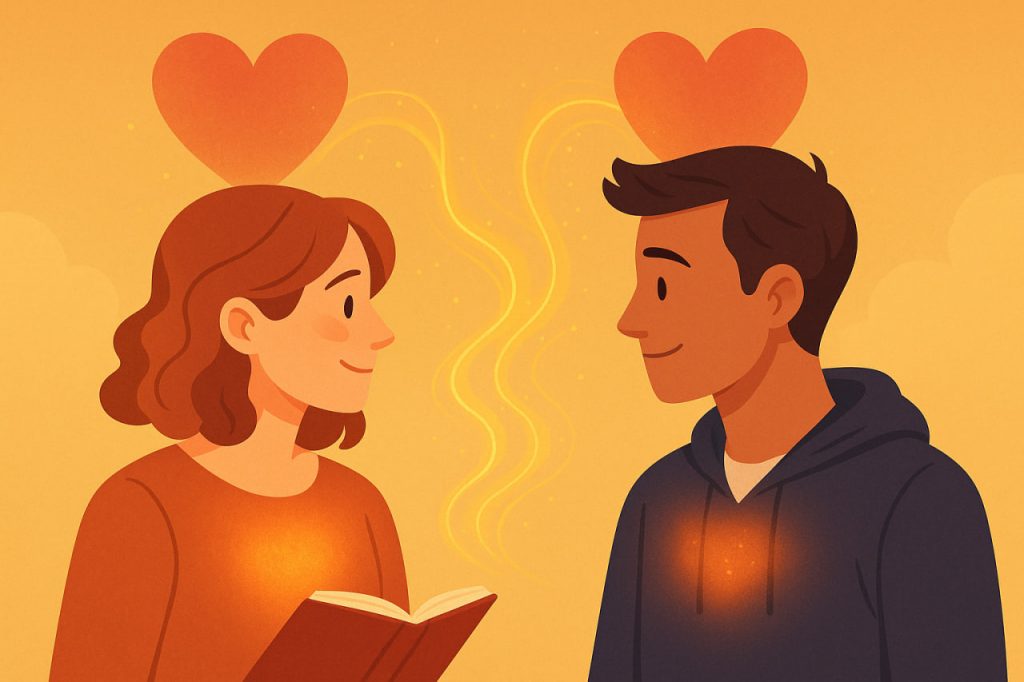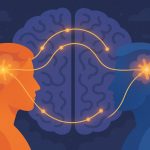Empathy is one of the most defining traits of humanity — the ability to understand and share another person’s feelings. In a world of constant communication yet growing emotional distance, empathy has become more vital than ever. It connects people across cultures, strengthens relationships, and serves as the foundation of moral behavior and compassion. From daily interactions to global diplomacy, empathy helps us move beyond judgment and toward genuine understanding.
What Is Empathy?
Empathy is the psychological capacity to perceive, understand, and emotionally resonate with the experiences of others. It differs from sympathy, which simply means feeling sorry for someone. Empathy goes deeper — it allows us to feel with others, not just for them.
Psychologists identify three main types of empathy:
- Cognitive empathy — the intellectual ability to understand what another person feels or thinks.
- Emotional empathy — the direct sharing of another person’s emotions, almost as if feeling them yourself.
- Compassionate empathy — combining understanding and emotion with the motivation to help.
These three forms work together to create meaningful social connections and drive altruistic behavior.
How Empathy Works in the Brain
Empathy is not just an emotional reaction — it has a biological foundation. Mirror neurons, located in the brain’s motor cortex, fire both when we perform an action and when we see someone else performing it. This neural mirroring allows us to “simulate” others’ emotions and experiences.
Additionally, the insula and anterior cingulate cortex are activated when witnessing another person in pain or joy, allowing emotional resonance. Over time, these neural patterns help develop emotional intelligence — the ability to manage our own emotions while understanding those of others.
The Role of Empathy in Society
Empathy acts as the glue that holds societies together. It fosters cooperation, trust, and social harmony. In education, empathetic teachers inspire confidence and motivation in students. In healthcare, doctors and nurses who show empathy create better outcomes and comfort for patients.
In the workplace, empathy enhances teamwork and leadership, as managers who understand their employees’ perspectives build stronger and more innovative teams. Even in politics, empathy can transform conflict into dialogue, enabling fairer decisions that consider the needs of all parties.
Why Empathy Is Declining in the Modern World
Despite being a natural human capacity, studies suggest that empathy levels have declined over the past decades, particularly among younger generations. The main reasons include:
- Digital communication replacing face-to-face contact.
- Information overload, making emotional connection harder.
- Social polarization and echo chambers on social media.
- Stress and burnout, which reduce emotional availability.
However, empathy can be relearned and strengthened. Practices such as active listening, mindfulness, and exposure to diverse perspectives help restore emotional depth in our interactions.
How to Cultivate Empathy
- Listen deeply — focus on others’ words and emotions without interrupting or judging.
- Ask questions — show genuine curiosity about another person’s experiences.
- Read literature — fiction helps expand emotional understanding and perspective-taking.
- Volunteer — helping others fosters compassion and social awareness.
- Practice mindfulness — staying present increases sensitivity to emotional cues.
Developing empathy is not about becoming emotional all the time — it’s about becoming aware, compassionate, and balanced.
Empathy in Artificial Intelligence
Interestingly, empathy is also becoming a focus in AI development. While machines cannot feel emotions, they can be designed to recognize and respond to human emotional states. This is known as affective computing. For example, virtual assistants, therapeutic chatbots, or educational software can adapt responses based on emotional tone.
Yet, ethical concerns arise: should AI simulate empathy if it cannot truly feel it? This question reflects humanity’s ongoing exploration of what makes emotional connection authentic.
The Power of Empathy for the Future
Empathy can transform not only individual relationships but entire societies. It bridges differences, heals emotional wounds, and drives social justice. In a time of global crises — from wars to climate change — empathy reminds us that behind every number or headline is a human life with dreams, fears, and feelings.
Interesting Facts
- Neuroscientists discovered mirror neurons in monkeys in the 1990s; later studies confirmed similar systems in humans.
- Empathy training programs in schools reduce bullying and improve academic performance.
- Fiction readers score higher on empathy tests than non-readers.
- Studies show that practicing compassion meditation increases gray matter in brain regions linked to empathy.
Glossary
- Empathy — the ability to understand and share another person’s feelings.
- Mirror neurons — brain cells that activate when observing another person’s actions or emotions.
- Emotional intelligence — the capacity to recognize and manage emotions in oneself and others.
- Affective computing — AI systems designed to detect and respond to human emotions.
- Compassion — a feeling of concern for others combined with the desire to help.


